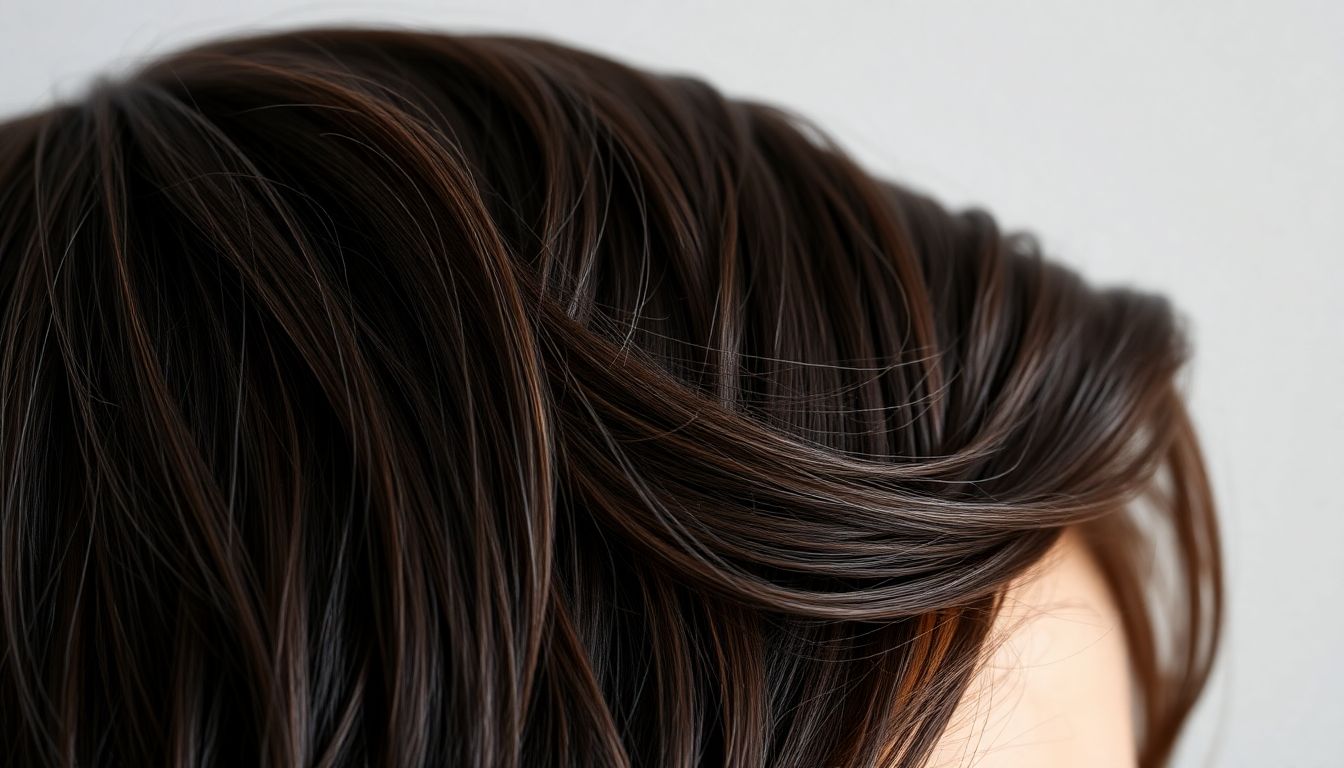
Hair loss affects millions of people worldwide. Studies show that around 50 million men and 30 million women in the U.S. experience it. This can lead to significant emotional distress, making individuals feel less confident and affecting their self-esteem. Many people share stories of feeling embarrassed or anxious about their appearance due to hair loss. Fortunately, multiple solutions exist to help with hair regrowth and improve overall hair health.
Understanding the Causes of Hair Loss
Types of Hair Loss
Hair loss is not one-size-fits-all. The main types include:
Androgenetic Alopecia: Also known as male or female pattern baldness, affects about 70% of men and 40% of women at some point in their lives. It usually starts with a receding hairline or thinning at the crown.
Telogen Effluvium: This temporary condition often occurs after stress or illness and results in increased shedding. It can affect anyone, with women being disproportionately impacted postpartum.
Alopecia Areata: An autoimmune disorder characterized by sudden hair loss in patches. About 2% of the population experiences this condition.
Underlying Medical Conditions
Certain health issues can contribute to hair loss, including:
Hormonal Imbalances: Conditions like polycystic ovary syndrome (PCOS) can lead to hair thinning.
Thyroid Problems: Both hypothyroidism and hyperthyroidism can result in hair loss.
Nutritional Deficiencies: Lack of protein, iron, and vitamins can weaken hair follicles. According to a study published in the Journal of Clinical and Aesthetic Dermatology, proper nutrition is essential for hair growth.
Lifestyle Factors
Your daily habits significantly influence hair health. Stress can lead to increased hair shedding. A poor diet lacking essential nutrients can also harm your hair. Lack of sleep plays a role too. Consider these tips for improvement:
- Manage stress through meditation or exercise.
- Eat balanced meals rich in vitamins and minerals.
- Aim for 7-9 hours of sleep per night.
Medical Treatments for Hair Loss
Minoxidil (Rogaine)
Minoxidil is a topical treatment that promotes hair follicle activity. It can be effective for both men and women. Experts note that around 60% of users see some regrowth after several months. Possible side effects include scalp irritation and unwanted facial hair.
Finasteride (Propecia)
Finasteride is an oral medication primarily for men. Research shows that about 83% of men experience hair regrowth within two years. Women should avoid this medication due to potential side effects like birth defects. For more information, refer to FDA-approved resources.
Hair Transplant Surgery
This surgical procedure involves relocating hair follicles from one part of the body to balding areas. Recovery can take up to a week, and costs vary from $4,000 to $15,000. Success rates are high, often resulting in natural-looking hair.
Non-Medical Approaches to Hair Regrowth
Dietary Changes
Eating a healthy diet is crucial. Focus on foods like:
- Eggs (rich in protein)
- Spinach (high in iron)
- Nuts (source of healthy fats)
- Fish (provides omega-3 fatty acids)
Scalp Massage
Regularly massaging your scalp increases blood flow to the hair follicles, which may encourage growth. Aim for 5-10 minutes a day using circular motions.
Essential Oils
Some essential oils like rosemary and peppermint may promote hair growth. A study in the journal "Archives of Dermatology" suggests that these oils could be beneficial, though more research is needed.
Lifestyle Adjustments for Hair Health
Stress Management Techniques
Reducing stress can positively impact hair health. Consider:
- Yoga or Pilates: These activities help relax the mind and body.
- Meditation: Even a few minutes daily can reduce stress levels.
- Regular Exercise: Aim for at least 30 minutes, five times a week.
Improving Sleep Quality
Prioritize restful sleep to help your body's regenerative processes. Here are tips for better sleep:
- Maintain a regular sleep schedule.
- Create a calming bedtime routine.
- Keep your sleeping environment dark and quiet.
Hair Care Practices
Gentle hair care can prevent further damage. Follow these tips:
- Wash hair with mild shampoos.
- Avoid excessive heat styling.
- Limit chemical treatments.
Choosing the Right Solution for You
Consulting a Dermatologist
Before starting any treatment, consult a dermatologist. They will provide a proper diagnosis and tailor a treatment plan that suits your needs.
Realistic Expectations
Understand the limitations of treatments. Results may take time and vary by individual. Consistency is key for achieving hair regrowth.
Maintaining Healthy Habits
Long-term healthy habits are essential to prevent future hair loss. Focus on nutrition, regular exercise, and active stress management.
Conclusion
Understanding the causes of hair loss and exploring effective solutions is essential. From medical treatments like Minoxidil and Finasteride to lifestyle adjustments, many options promote hair regrowth. A well-rounded approach addressing both mental and physical health is most effective. Consult a healthcare professional to develop a personalized plan tailored to your needs. Taking steps today can lead to improved hair health and renewed confidence tomorrow.
